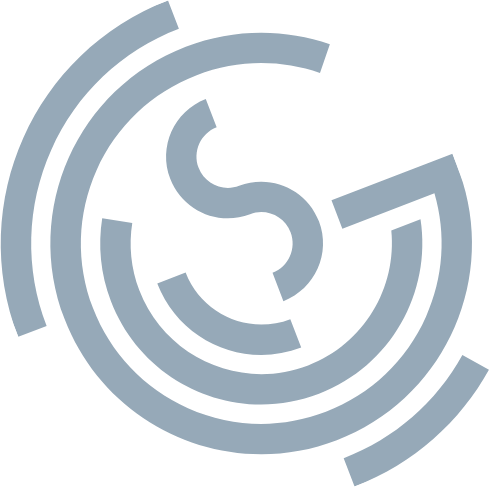
The Smarter Way to Source Your Workers
The right people, right at your fingertips. With access to over 1 million Workers across an extensive range of industries and qualifications, the GigSmart platform provides the fastest, low-cost solution to connecting your business with Workers on demand.
50
States with completed Shifts
40%
Of Shifts are posted, worked, and paid the same day
2,000+
Satisfied customers
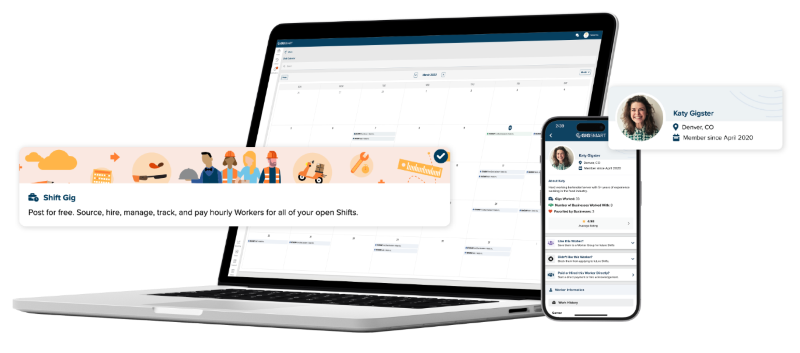
How does GigSmart work?
Businesses post Shifts for free
Post across dozens of industries and positions
Qualified Workers notified instantly
Tap into a nationwide network of Workers as your reserve labor pool
Hire with confidence
Background Checks, insurance, and payment processing are all handled seamlessly


NO COMMITMENT NECESSARY
Hire On-Demand, Anytime
GigSmart provides real human support and a business model that aligns with your company’s unique requirements. See how easy it is to start sourcing Workers for your next Shift by creating a free Get Workers account today.
- Fully dedicated Account Manager and Support Team
- Instant access to over 1 million Workers nationwide
- Comprehensive Insurance - General Liability, Hired Non-Owned Auto, Occupational Accident
- Top-of-the-line technology and automation for managing all your labor needs
- Background Checks, Motor Vehicle Record Checks, Drug Screenings
WORK ON YOUR TERMS
Find Work Near You, Today
GigSmart gives you the freedom and control to find the right work opportunities best suited to you. With Shifts in all industries nationwide, GigSmart allows you to enjoy the flexibility of applying for and accepting the Shifts you want, when you want. See how easy it is to find work by creating a Get Gigs account today.
-
Choose Your Schedule
-
Work Today
-
Get Paid Instantly
ONLY PAY FOR SUCCESS
Full Control of Your Hiring Experience
Set the pay rates, handpick your Workers, and utilize our cutting-edge technology to do the heavy lifting for you. GigSmart is FREE to sign up and post, with no contracts or commitments necessary to get started. Fees are only charged after you connect with the Workers you need.
Learn More
Access Job Seekers Directly
Advertise Full/Part-Time Positions
Drive more applicants for your Full-Time and Part-Time openings by advertising your positions to over 1 million qualified GigSmart Workers. See how easy it is to post your open roles on the GigSmart Job Board. Use the Get Workers Application to post your Full/Part-Time Positions today.
Learn More
DEDICATED SUPPORT
Schedule a Call
Our team is here to help you build your on-demand labor pool for all of your Shifts or open Full/Part-Time positions. Tell us more about your business needs and we’ll help get you hiring today.
Learn More
BRANDS YOU KNOW
Businesses that find talent with GigSmart
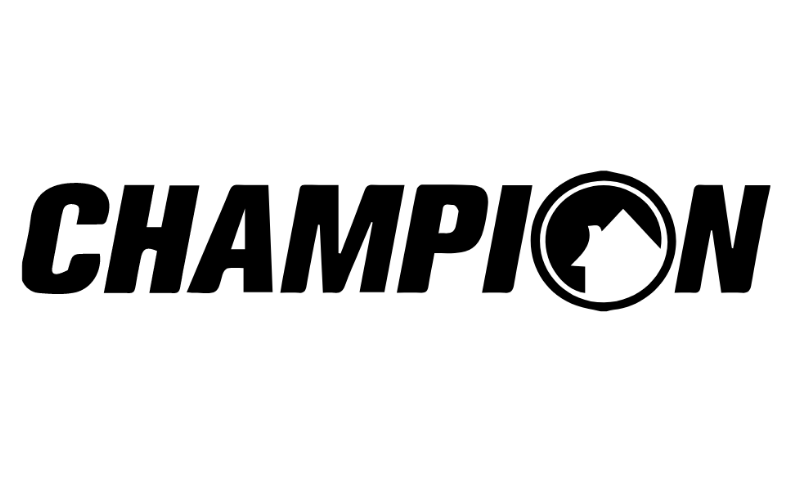
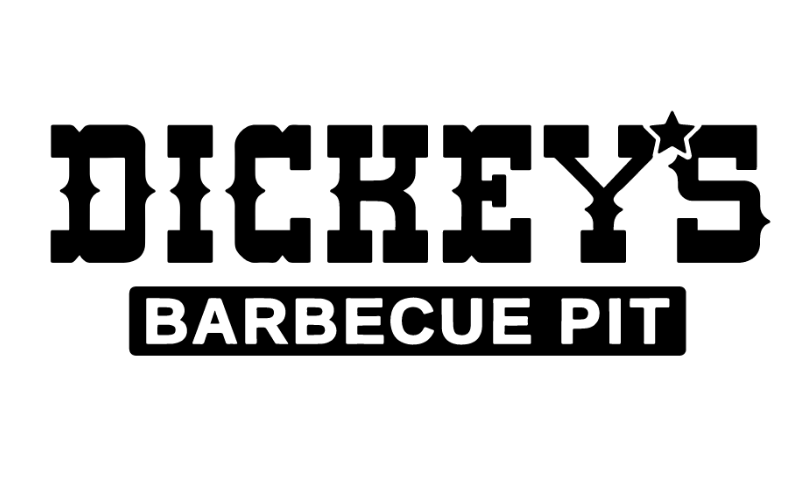
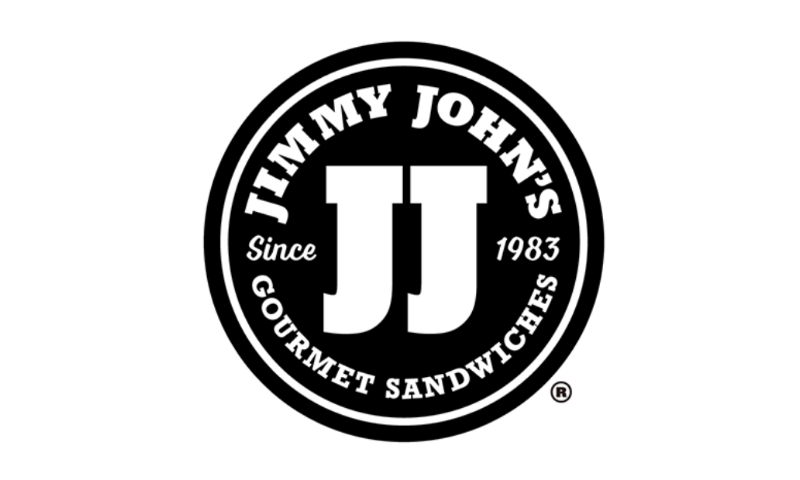
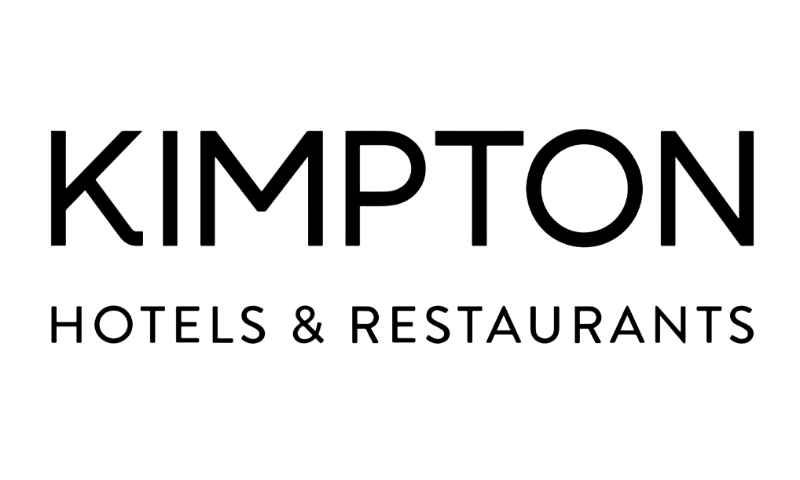
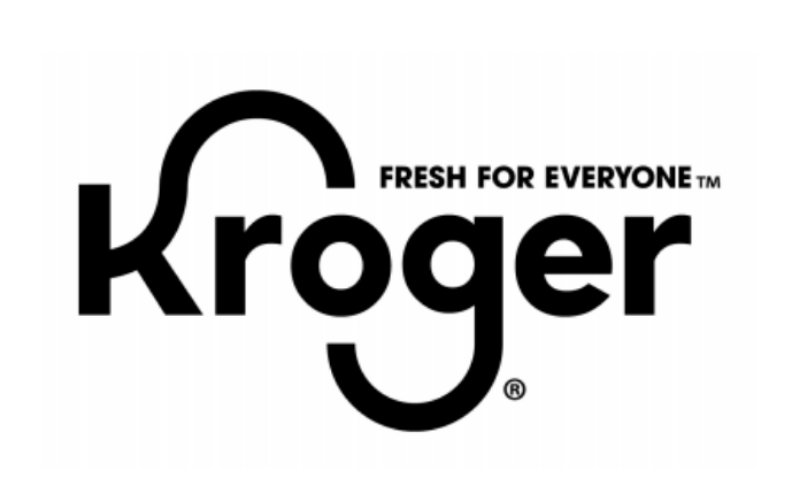
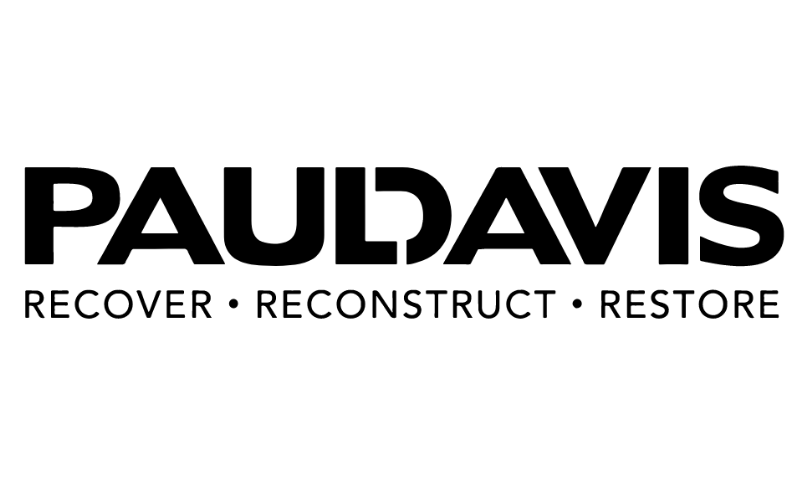
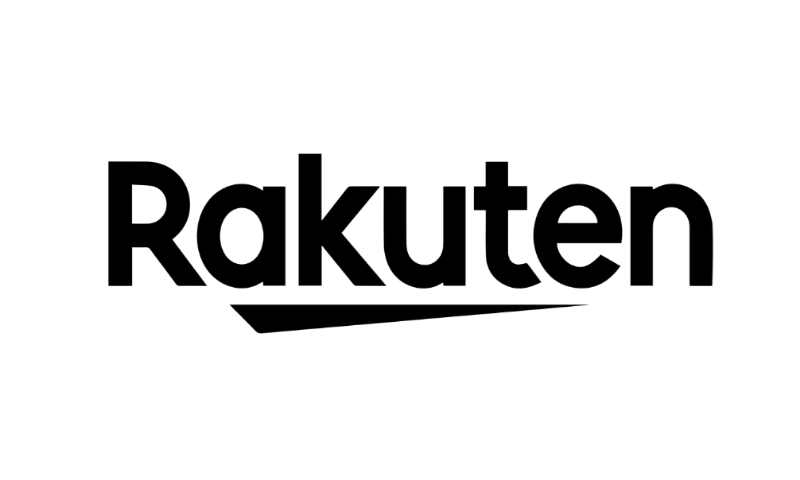
READY TO PROCEED?
How would you like to get started?
GET WORKERS
GigSmart Get Workers provides a fast, simple, and reliable way to hire Workers on the fly at low costs with little to no lead times.
Start Hiringget gigs
Work on your terms. GigSmart gives you the freedom and control to find the right work opportunities best suited to you.
Find WorkGIGsMART HELP CENTER
Have questions? No worries, the GigSmart Help Center has the answers you need to succeed.
Learn More